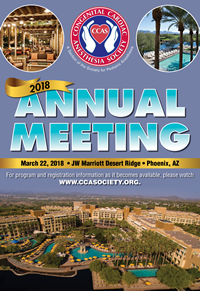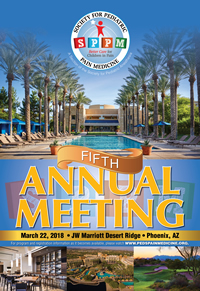NM-320
Correlation between duration of preoperative fasting and emergence delirium in pediatric patient undergoing ophthalmic examination under anesthesia as day care procedure: A prospective observational study
Khanna P, Saini K, Maitra S, Kumar S, Sinha R
AIIMS, NEW DELHI, NEW DELHI, Delhi, India
Background: Preoperative fasting in children can cause anxiety, which may ultimately lead to postoperative emergence delirium. However, no data is available whether duration of preoperative fasting correlates with postoperative emergence delirium.
Methods: In this prospective observational study, 100 children between the age group 2-6 years of American Society of Anesthesiologists (ASA) physical status I or II, scheduled for examination of eye under general anaesthesia (EUA)with sevoflurane was recruited. Data regarding preoperative fasting recorded and emergence delirium was assessed byPaediatric Anesthesia Emergence Delirium scale (PAED)at 5 min interval till 30 minutes from the time of shifting from operation theatre. No premedication was used in any patients but parental presence was allowed in all of them.
Results: Mean (SD) duration of fasting to clear liquid was 6.3 (1.7) hrs. Twenty four children (24% of 100) had atleast one recorded PAED score >10 at any time point in the postoperative period. No correlation has been found bewteen duration of fasting and blood glucose level (r2= -0.05, p=0.65, Pearsons’s correlation). PAED score at 15 minutes & 25 minutes are significantly correlated with duration of fasting (r2=0.24, p=0.02, Pearsons’s correlation and r2=0.23, p=0.02, Pearsons’s correlation, respectively). No correlation was found between fasting blood glucose and PAED score at any time point.
Conclusion: Preoperative fasting duration may be a risk factor for postoperative emergence agitation in children undergoing ophthalmic examination under general anaesthesia.
Top











